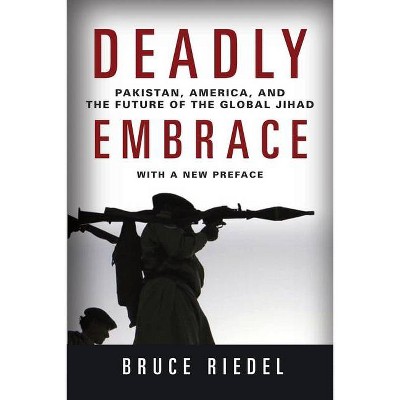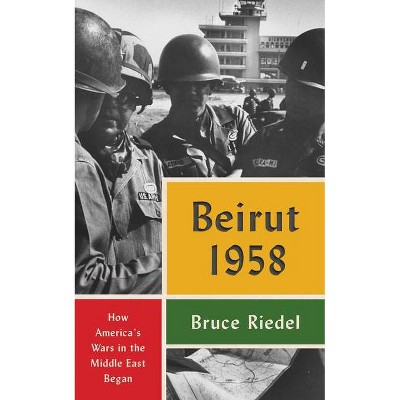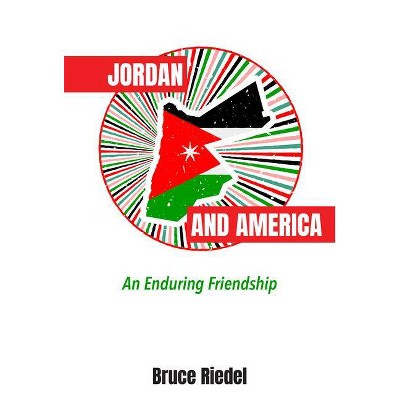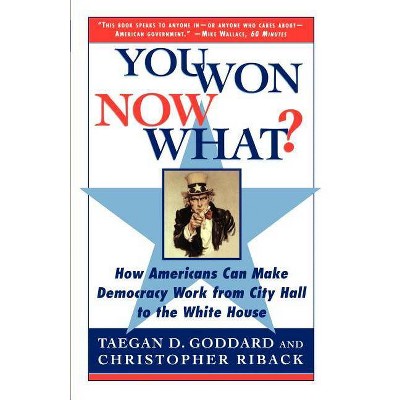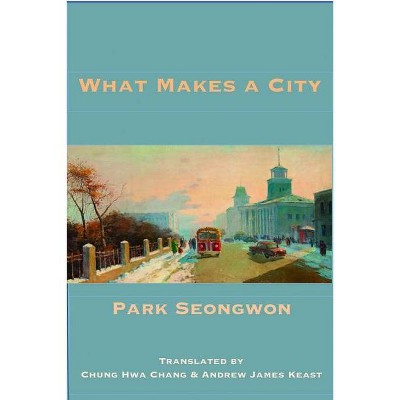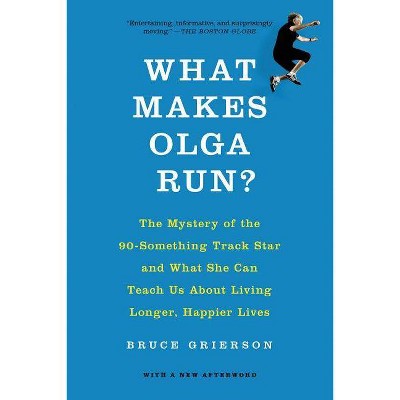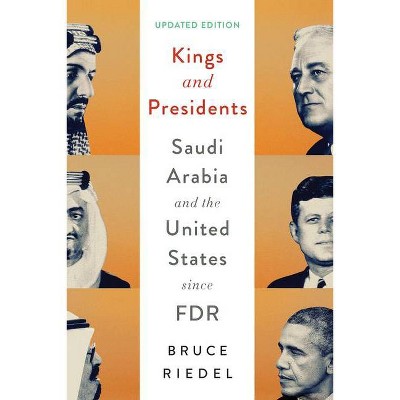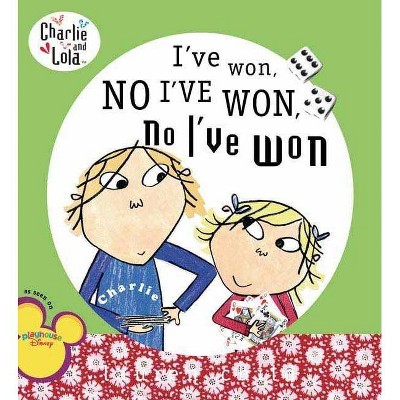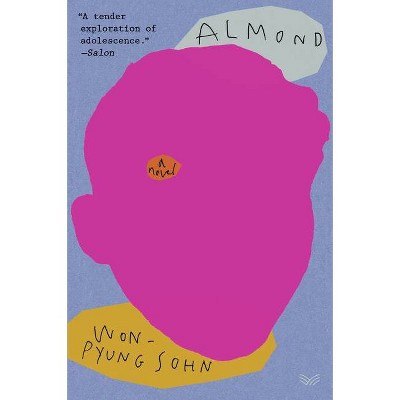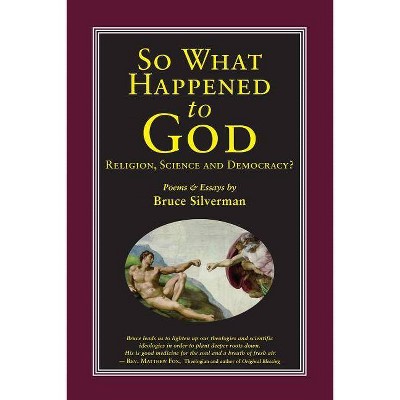What We Won - by Bruce Riedel (Paperback)
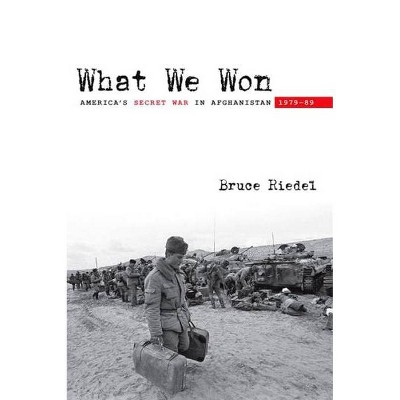
Similar Products
Products of same category from the store
AllProduct info
<p/><br></br><p><b> About the Book </b></p></br></br><p>In February 1989, the CIA's chief in Islamabad famously cabled headquarters a simple message: We Won. It was an understated coda to the most successful covert intelligence operation in American history.</p><p>In <i>What We Won</i>, CIA and National Security Council veteran Bruce Riedel tells the story of America's secret war in Afghanistan and the defeat of the Soviet 40th Red Army in the war that proved to be the final battle of the cold war. He seeks to answer one simple question--why did this intelligence operation succeed so brilliantly?</p><p>Riedel has the vantage point few others can offer: He was ensconced in the CIA's Operations Center when the Soviet Union invaded Afghanistan on Christmas Eve 1979. The invasion took the intelligence community by surprise. But the response, initiated by Jimmy Carter and accelerated by Ronald Reagan, was a masterful intelligence enterprise.</p><p>Many books have been written about intelligence failures--from Pearl Harbor to 9/11. Much less has been written about how and why intelligence operations succeed. The answer is complex. It involves both the weaknesses and mistakes of America's enemies, as well as good judgment and strengths of the United States.</p><p>Riedel introduces and explores the complex personalities pitted in the war--the Afghan communists, the Russians, the Afghan mujahedin, the Saudis, and the Pakistanis. And then there are the Americans--in this war, no Americans fought on the battlefield. The CIA did not send officers into Afghanistan to fight or even to train.</p><p>In 1989, victory for the American side of the cold war seemed complete. Now we can see that a new era was also beginning in the Afghan war in the 1980s, the era of the global jihad. This book examines the lessons we can learn from this intelligence operation for the future and makes some observations on what came next in Afghanistan--and what is likely yet to come.</p><p/><br></br><p><b> Review Quotes </b></p></br></br><br>A penetrating analysis of America's covert war in Afghanistan from 1979 to 1989 and of the important lessons of that 'secret war.' In <i>What We Won</i>, Bruce Riedel shows once again that he ranks with the most authoritative voices on this episode, providing a brilliant chronicle of the development of the Afghan covert operation and offering an unblinking assessment of the consequences of the mujahedin defeat of the Soviets.--General David H. Petraeus, U.S. Army (Retired)<br><br>An exceptionally fine piece of work by someone superbly qualified to address the subject with authority and perspective, it changed my mind on several key issues and players in the war.--John McLaughlin, former deputy director of the CIA and professor at the Johns Hopkins University School for Advanced International Studies<br><br>The foremost intelligence and policy expert on Afghanistan and Pakistan has produced a vital and concise history of America's first engagement in that pivotal part of the world that is still President Obama's war today. This book is both cogent history and dramatic lesson.--Bob Woodward, <i>Washington Post</i><br><p/><br></br><p><b> About the Author </b></p></br></br><p><b>Bruce Riedel</b> is senior fellow and director of the Brookings Intelligence Project. Riedel joined Brookings following a thirty-year career at the Central Intelligence Agency. He served as a senior adviser to four U.S. presidents on South Asia and the Middle East, working as a senior member of the National Security Council. In 2009 President Obama made him chairman of a strategic review of American policy in Afghanistan and Pakistan. He is author of the Brookings best seller <i>The Search for al Qaeda: Its Leadership, Ideology, and Future</i>.</p>
Price History
Price Archive shows prices from various stores, lets you see history and find the cheapest. There is no actual sale on the website. For all support, inquiry and suggestion messages communication@pricearchive.us
